According to Khadhari, "the economic situation is hitting this vulnerable group of people particularly hard." He also forecasts that "rising prices and a lack of job opportunities" would contribute to the continued growth of the number of rough sleepers in the capital.
Leila is waiting for a hot supper from the "Restaurant of Love" in the Tunisian capital on a spot near the zoo entrance. She and her dogs are sleeping in a cardboard shelter.
The 50-year-old claims to have spent more than 27 years living on the streets.
Fixing a plastic cover over her bed for the chilly winter night, she adds, "I don't want to go to the shelter centres," and feels safer in her improvised home despite the hazards of robbery and violence on the street.
Every Friday night, Leila looks forward to the volunteers from NGOs Universelle and Samu Social bringing her food and clothes.
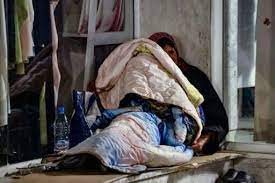
She frequently has to settle for little more than a tin of sardines for the remainder of the week.
The Friday night supper is served from the "Restaurant of Love" kitchen, a humanitarian endeavor started by Universelle three years ago to assist in feeding Tunis's increasing homeless population.
Although the precise number of individuals living on the streets of the capital is unknown, estimates put it in the hundreds.
According to Nizar Khadhari, the 39-year-old president of Universelle, the "Restaurant of Love" is the "first of its kind" in Tunisia.
The concept is straightforward: an ordinary restaurant where everyone may eat for 4.5 dinars, or $1.40, a dish of pasta.
About thirty percent of the 400–450 meals that are offered there each day are free for the homeless.
To assist with expenditures, however, paying clients can also leave donations in a tin at the cash register.
"We employ some of the homeless and donate all profits to them." We make an effort to inspire them to go back and become part of society," adds Khadhari.
According to Khadhari, "the economic situation is hitting this vulnerable group of people particularly hard." He also forecasts that "rising prices and a lack of job opportunities" would contribute to the continued growth of the number of rough sleepers in the capital.
The heavily indebted economy of the North African nation grew by just 1.2 percent in 2023, while inflation was 8.3 percent in 2022, according to figures from the World Bank.
Furthermore, poverty rates are rising among the 12 million people living there as a result of the economic hardships brought on by the Covid-19 outbreak and skyrocketing food costs following the conflict in Ukraine.
The official figures for 2021 indicate that the national poverty rate in Tunisia was 16.6%, with rural regions having a poverty rate closer to 25%.
In search of employment, a large number of Tunisians relocate to coastal towns from the nation's impoverished interior areas.

When they arrive, though, they frequently find themselves without a place to reside due to bad luck.
Some are homeless or have mental health issues; they are frequently evicted from their homes and can only find safety in a bus or metro station.
Sabri, a thirty-year-old street vendor who earns a living by selling paper handkerchiefs, claims he had attempted suicide several times.
He declares, "I'm tired of being on the streets for 20 years," adding that there is "no solution" in sight.
The ministry of social affairs in Tunisia said that it assisted 223 homeless persons in the greater Tunis region last year. But there is no similar assistance in other parts of the nation.
"There are programs to help them, and the economic impact on vulnerable people cannot be ignored," stated Rafik Bouktif, a ministry of social affairs officer in charge of a shelter.
The center, which employs around fifty people, has a 400,000 dinar ($128,000) budget that it uses to collaborate with Universelle and Samu Social in the larger Tunis area.
"Combining state resources with those of NGOs is a sure way of reaching more people," Bouktif asserts.
However, "the means remain limited, despite great ambitions."
Recently, the "Restaurant of Love" relocated to Tunis's center from the city's outskirts. And the paying clients, who come from various backgrounds, believe it's a fantastic concept.
"We eat while we feed others," remarks Asmaa, a government employee who discovered the restaurant on social media and goes there every day.
End//voice7news.tv



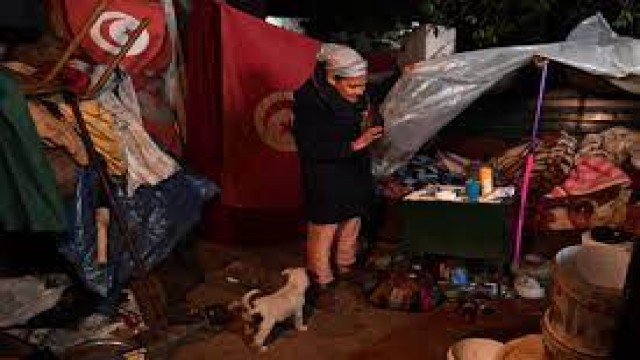

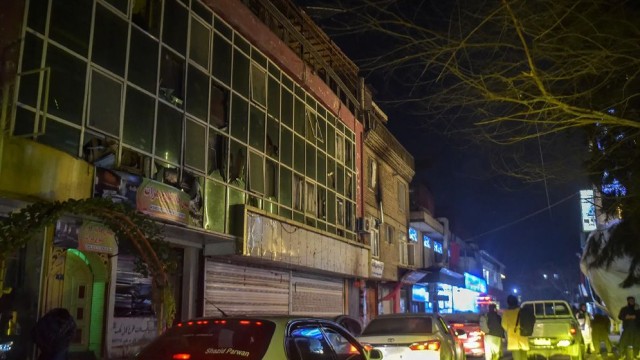


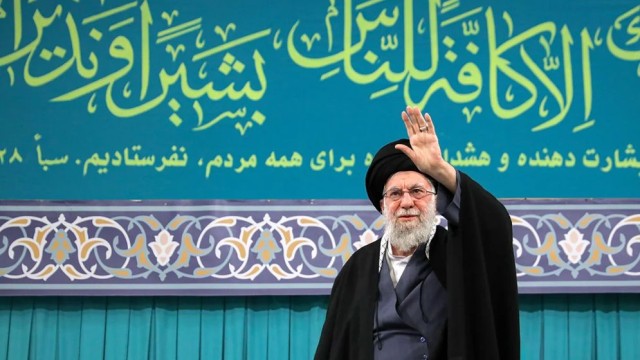







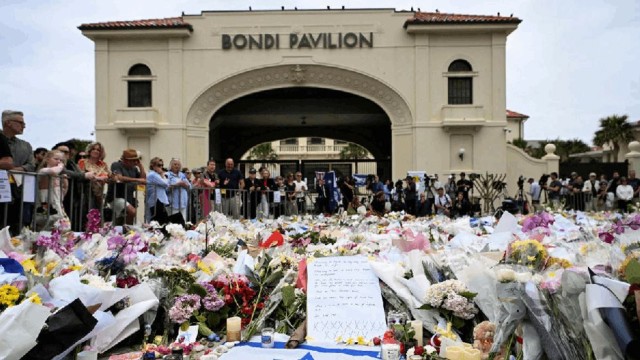


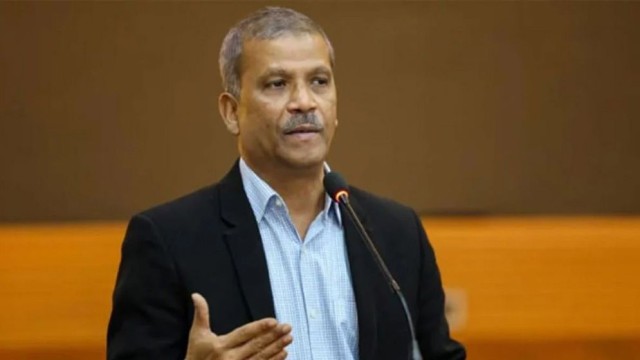











Comment: